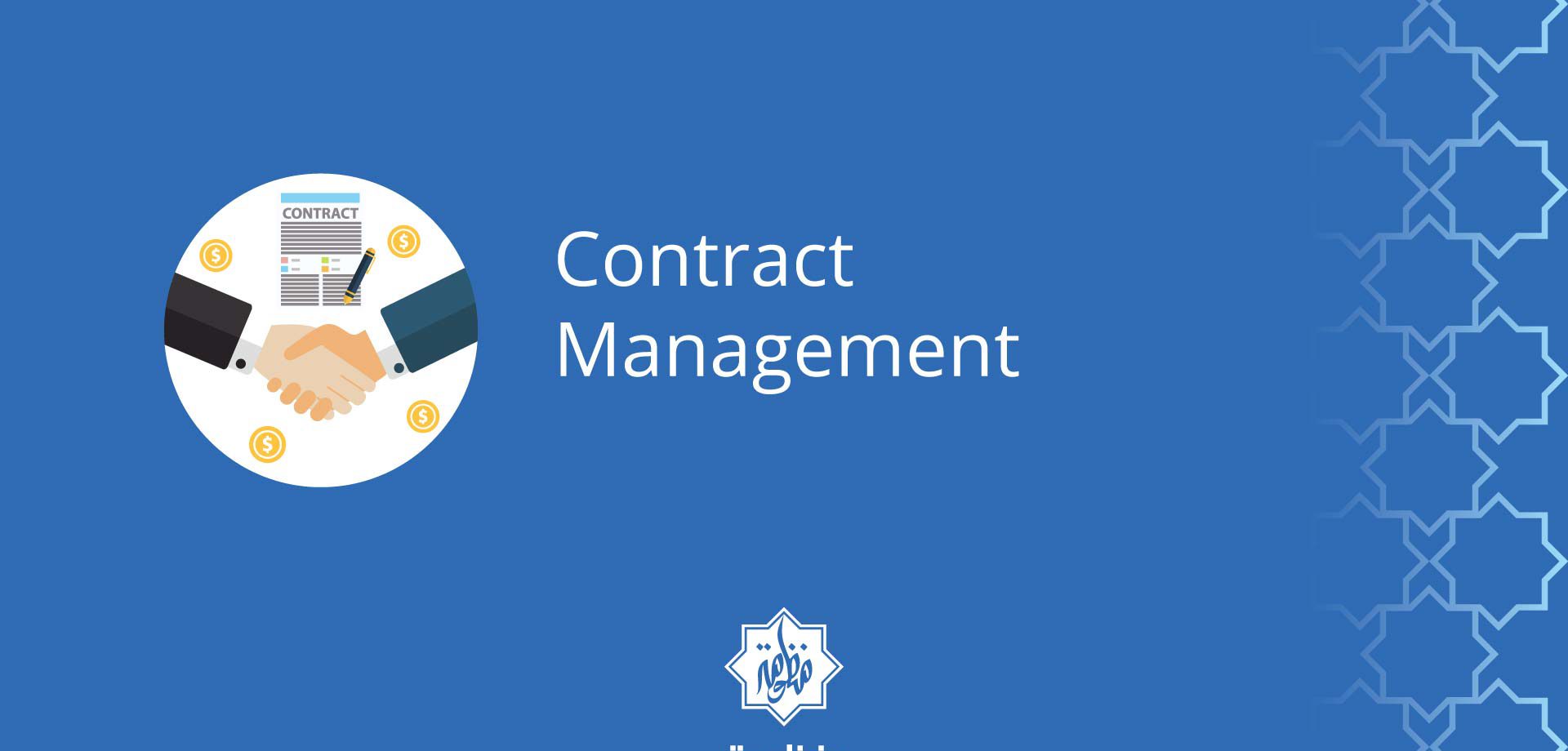Contract management or contract administration is the management of contracts made with customers, vendors, partners, or employees.
The personnel involved in contract administration required to negotiate, support and manage effective contracts are often expensive to train and retain. Contract management includes negotiating the terms and conditions in contracts and ensuring compliance with the terms and conditions, as well as documenting and agreeing on any changes or amendments that may arise during its implementation or execution. It can be summarized as the process of systematically and efficiently managing contract creation, execution, and analysis for the purpose of maximizing financial and operational performance and minimizing risk.
Fundamental Criteria of Contract Management.
- Creation: Whilst many companies work from standard contracts, they do have to be created in the first place and they often need to be changed as negotiations progress.
- Negotiation: Of the contracts to ensure that, the best possible contract is available to both parties.
- Adherence: To the contracts and all of its sections and aims.
- Service Level Agreements: (SLA) and Key Performance Indicators (KPI) are set to manage the day-to-day performance of the vendor.
- Managing Changes: that may be required as the relationship changes and problems arise.
- Documenting: Any changes that may have been agreed.
- Analyzing: The benefits that accrue or may be available from the contract.
Contract life cycle management
Is the process of systematically and efficiently managing contract creation, execution and analysis for maximizing operational and financial performance and minimizing risk?
Areas of Contract Management
The business-standard contract management model, as employed by many organizations in the United States, typically exercises purview over the following business disciplines:
- Authoring and negotiation
- Baseline management
- Commitment management
- Communication management.
- Contract visibility and awareness
- Document management
- Growth (for Sales-side contracts)
- Contract compliance/governance
Importance of contract management
Organizations in both the public and private sectors are facing increasing pressure to reduce costs and improve financial and operational performance. New regulatory requirements, globalization, increases in contract volumes and complexity have resulted in an increasing recognition of the importance and benefits of effective contract management
The growing recognition of the need to automate and improve contractual processes and satisfy increasing compliance and analytical needs has also led to an increase in the adoption of more formal and structured contract management procedures and an increase in the availability of software applications designed to address these needs.
A Good reference:
https://www.cips.org/documents/CIPS_KI_Contract%20Management%20Guidev2.pdf


